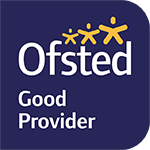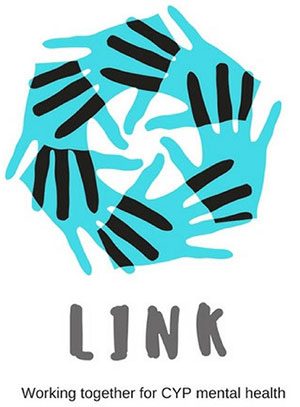VISION STATEMENT
At Moorlands Academy, we have adopted a mastery approach in order to deliver the three aims of the National Curriculum: fluency, reasoning and problem solving. Underpinning this pedagogy is a belief that all children should have high aspirations in life, and should be equipped with foundational Mathematical skills that will open up a multitude of career opportunities.
We want all pupils at Moorlands Academy to experience the beauty, power and enjoyment of mathematics and develop a sense of curiosity about the subject. We teach computational fluency and a deep understanding of mathematical concepts through manageable steps. A concrete, pictorial, abstract approach is at the heart of building understanding. We use mistakes and misconceptions as an essential part of learning and provide challenge through problem solving.
AIMS
At Moorlands, we aim for all pupils to become fluent in the fundamentals of mathematics, to be able to reason and to solve problems. Our curriculum embraces these National Curriculum aims, and provides guidance to help pupils to become:
Visualisers – we use the CPA approach to help pupils understand mathematics and to make connections between different representations.
Describers – we place great emphasis on mathematical language and questioning so pupils can discuss the mathematics they are doing, and so support them to take ideas further.
Experimenters – as well as being fluent mathematicians, we want pupils to love and learn more about mathematics.
The key aspects we aim to teach pupils at Moorlands are:
1. Fluency in the fundamentals of mathematics, including through varied and frequent practice with increasingly complex problems over time, so that pupils develop conceptual understanding and the ability to recall and apply knowledge rapidly and accurately.
2. Mathematical reasoning by following a line of enquiry, noticing patterns and generalisations, and developing an argument, justification or proof using mathematical language.
3. Solving problems by applying their mathematics to a variety of real world situations with increasing sophistication, including breaking down problems into a series of simpler steps and demonstrating multiple solutions to a problem.
DELIVERY
We follow the White Rose maths scheme, and deepen understanding using a variety of reasoning and problem-solving resources that go beyond the scheme. Children also have opportunities to apply their mathematical knowledge to science, history, geography, computing, creative arts and other contexts.
White Rose Maths provides maths resources and Schemes of Learning for pupils from Reception to Year 6. At Moorlands, we have tailored the White Rose yearly overviews to suit both our assessment framework and our school-specific context with mixed-age classes. These overviews break down what areas of Mathematics children need to learn during each week of each term to master the learning objectives laid out by the National Curriculum.
Alongside the weekly small-step lessons children encounter through White Rose, other resources that support the teaching of Mathematics are also utilised. Lessons are designed to be enjoyable, engaging and varied, to help pupils develop a love of learning and work towards mastery with differentiated resources.
At the heart of White Rose Maths is the motto “Everyone Can Do Maths: Everyone Can!” — a slogan that we at Moorlands wholeheartedly agree with!
We encourage a growth mindset in both teachers and learners. Adopting a White Rose Maths approach to teaching means making sure all children have the same opportunities to learn and the support they need to fully grasp concepts.
The philosophy behind White Rose Maths also focuses on making maths fun for children and helping them to find enjoyment in number problems. We know that when children are engaged in learning and enjoying maths, that’s when lessons really sink in and deep learning happens.
COVERAGE
ASSESSMENT
Termly Assessments:
Years 2-6 complete a PIXL assessment in Mathematics each term. Teachers mark these, completing and uploading the associated question level analysis (QLA) documents in line with the annual agreed PIXL dates to allow school-to-school comparison.
Year 1 complete this process in the spring and summer terms.
Consideration is given to children who require specialist support so all children can access their assessments, where possible.
Teachers use the QLA documents to identify specific gaps for individual children, small groups and the whole class. PIXL therapies, specifically designed to address curriculum objectives, are used for specific groups of children with difficulties indicated by their assessments. PIXL is used among other useful assessment resources, such as Testbase, TT Rockstars, White Rose Topic Tests and other forms of low stakes quizzes to ensure that children get plenty of opportunities to practise the skills required to achieve specific objectives. PIXL therapy tests are then used to inform teachers if these gaps have been successfully closed or if there is further practise required for particular children.
PIXL grades can be amended as regularly as teachers feel necessary to ensure that pupils’ needs are met in a timely manner. However, pupils’ PIXL grades are always updated after an assessment window and will be used to monitor pupils’ progress in our termly pupil progress meetings.




